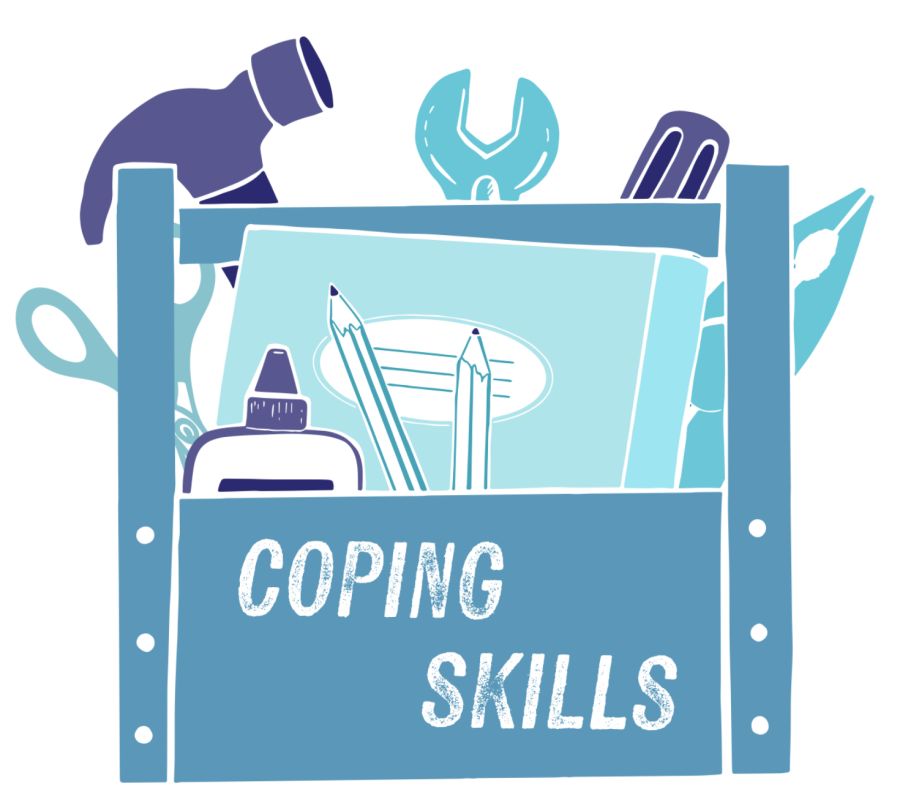Video Games: Gaming and the Developing Brain
Recent research reveals that too much screen time damages the developing brain. Almost daily I meet with precious students who spend much of their lives gaming. I have a sense of urgency, but calmly explain to their parents the implications of too much screen time. Here is real evidence.
According to a recent report on CBS/KEYE News Austin, excessive gaming can halt the development of the part of the brain associated with motivation. It is estimated that by age 21, the average student will spend 10,000 hours with eyes and brain focused on a video device, lost hours which could have been spent learning and practicing reading and social skills needed for real life (such as becoming a good job candidate and for relationships).
Another article claims strong research-based evidence that video games are addictive and have negative effects on the brain and behavior, that “intensive play of high-action games has been shown to have negative cognitive effects”.
Michael M. Merzenich, an expert in neuroscience and cognitive psychology, cites studies that indicate such games can create “listlessness and discontent in slower-paced and less stimulating academic, work or social environments.” Think: school, college lectures.
In his book, The Brain that Changes Itself, Dr. Merzenich explains how intensive activities work in the brain. I learned that while gaming, the student is developing the brain's “real estate” for those gaming skills. Then gradually that growing area of the brain’s neural connections needs more space, so takes over areas that should be developed for more productive functions.
In a Feb. 2014 Psychology Today post, Victoria L. Dunckley, MD reports that neuroimaging research shows excessive screen time damages the brain. She cites studies reporting that internet-addicted youth showed reduced cortical thickness, impaired cognitive function and impaired dopamine function.
[Dopamine is a neurotransmitter, a brain chemical that has many functions affecting memory, behavior and cognition, pleasurable reward, attention, sleep , mood and learning. Excess and deficiency of this vital chemical is the cause of several disease conditions. Parkinson's disease and drug addiction are some of the examples of problems associated with abnormal dopamine levels.]
Dr, Dunckley writes that excessive screen-time contributes to a hyper-aroused nervous system, sensory overload and lack of restorative sleep. It also appears to impair brain structure and cognitive function. From puberty into the mid-twenties, the brain’s pre-frontal lobe (where executive function skills are seated) goes through massive developmental changes. Frontal lobe development is largely the determining factor for success in every area of life, Dr. Dunckley goes on, from having a sense of well-being to academic and career success.
Many of the high school students in my practice the past few years have suffered from poor reading and undeveloped executive function and social skills. However, they are excellent at gaming. Two to six hours a day on a smartphone, tablet or computer is normal. Their pre-frontal brains are not set up for real thinking and learning for success. Therapeutic work and training can help, but the first thing to do is to curb the gaming/screen time. Our kids need to become well-rounded socially, emotionally and academically in order to be happy and productive in REAL life.
Related Articles That Might
Interest You

Neurodivergent Special Interest

Coping Skill( CBT techniques and DBT techniques)
